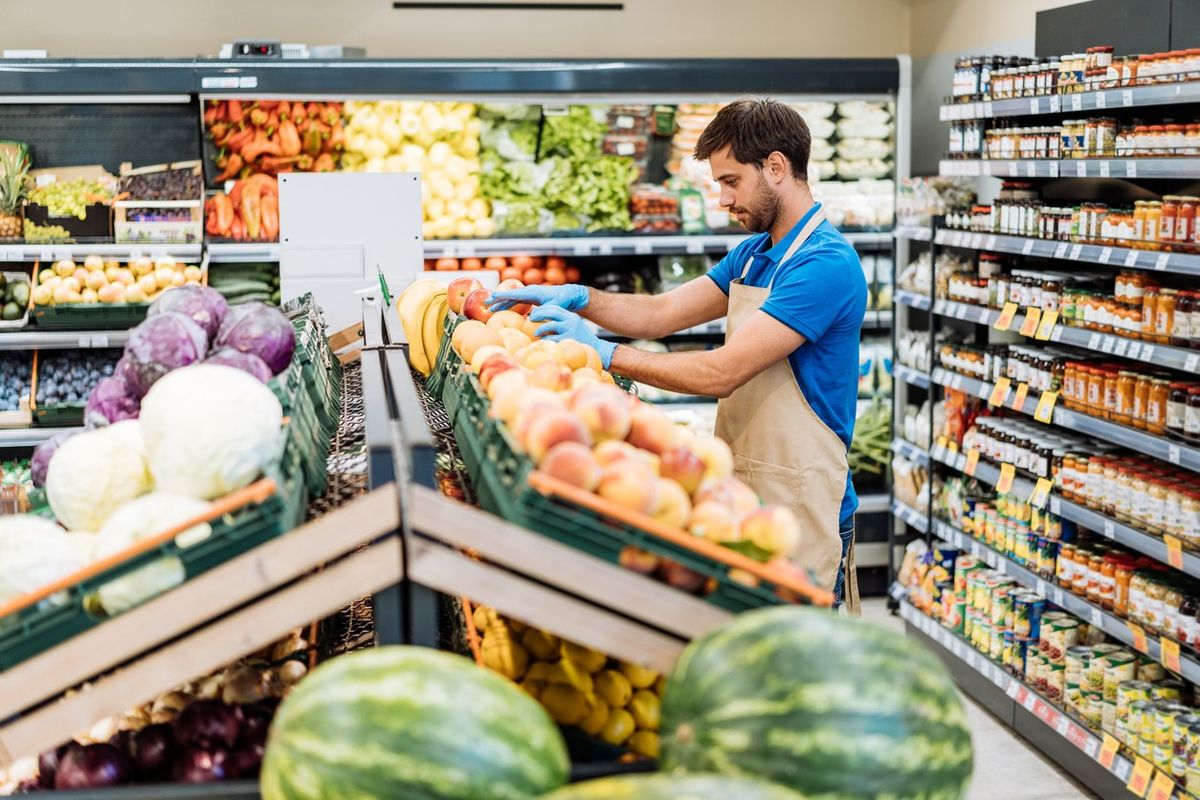The government said it will scrap border checks on fruit and veg imported from the European Union in an early move to ease trade ahead of its new SPS (sanitary and phytosanitary) deal with the EU.
The SPS agreement will establish a UK-EU sanitary and phytosanitary zone, which the government claimed would slash costs, easing pressure on food prices and eliminating routine SPS border checks for food exports and imports.
This means that checks on medium-risk fruit and vegetables (including tomatoes, grapes, plums, cherries, peaches, peppers, and more) imported from the EU will not be required – and will therefore not be brought into force this summer.
In the short term, businesses can continue importing medium-risk fruit and vegetables from the EU without the products being subject to import checks or being charged associated fees.
What does the government say about the new policy?
“This government’s EU deal will make food cheaper, slash bureaucracy and remove cumbersome border controls for businesses,” biosecurity minister Baroness Hayman said. “A strengthened, forward-looking partnership with the European Union will deliver for working people as part of our Plan for Change.”
The easement of import checks on medium-risk fruit and vegetables from the EU was introduced during the implementation of the new BTOM import controls in 2024, as a temporary measure to provide businesses time to prepare for their implementation and ensure a smooth flow of essential goods across the UK border.
The current easement was due to end on 1 July 2025. However, under the planned SPS agreement with the EU, these checks would not take place. Therefore, it has been agreed that the current easement should be temporarily extended to the end of the Transitional Staging Period 31 January 2027.
The details of the SPS agreement are now to be negotiated, and traders are urged to continue to comply with the Border Target Operating Model (BTOM).


